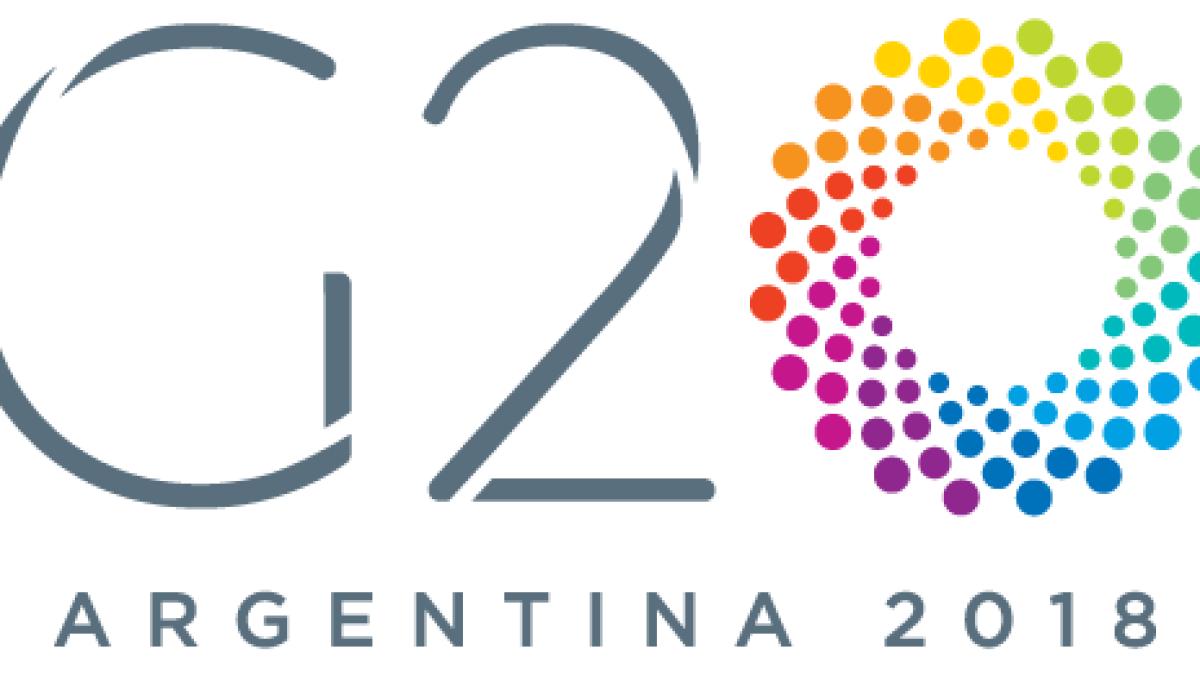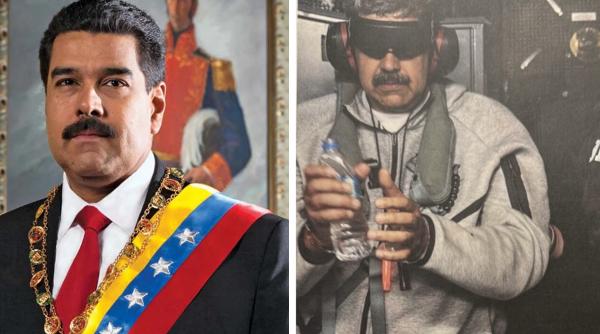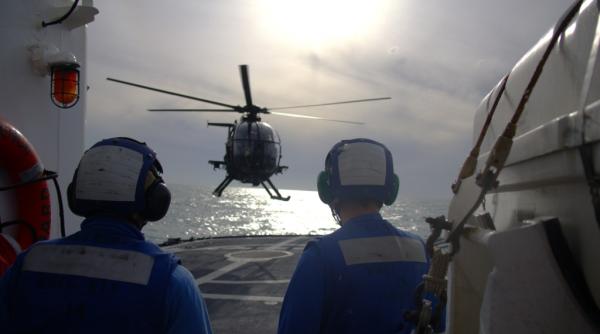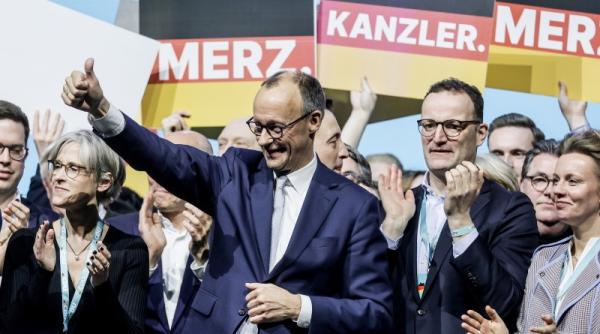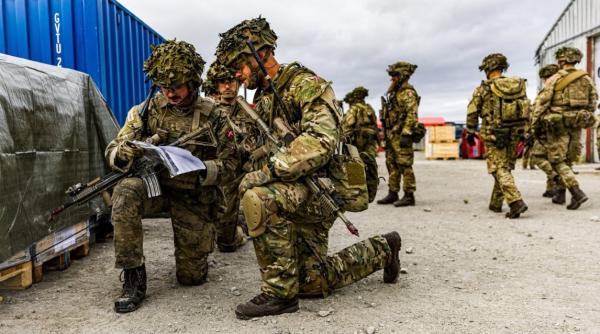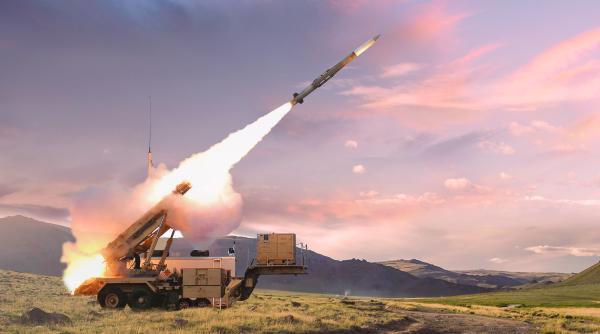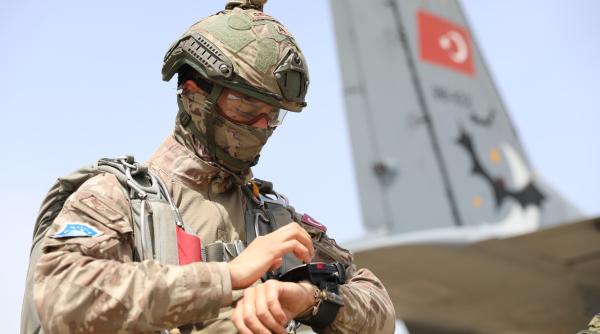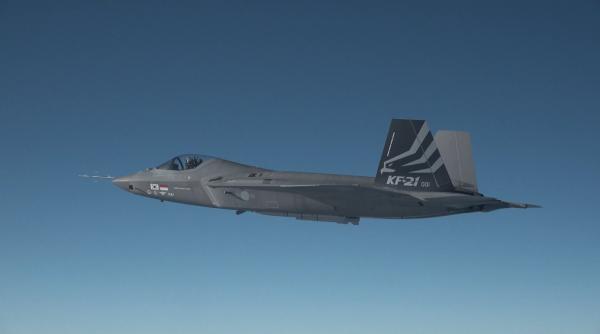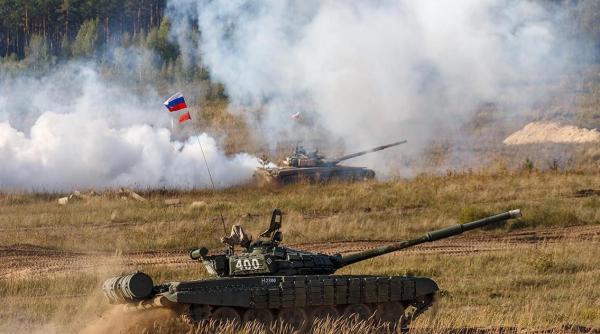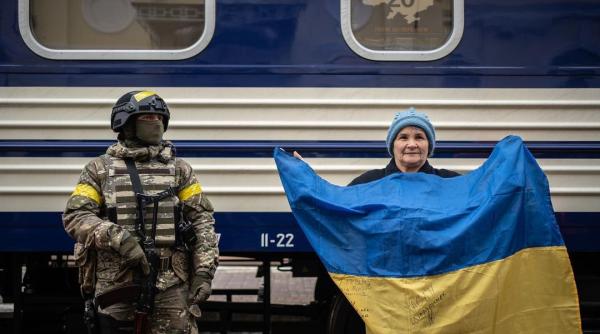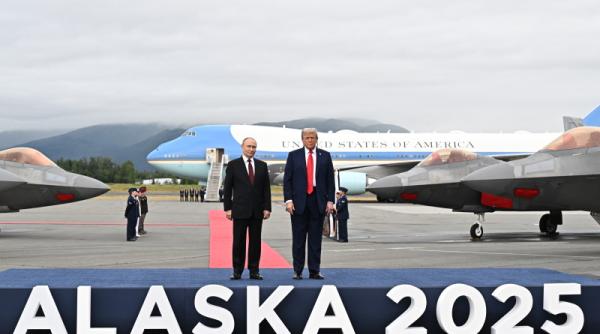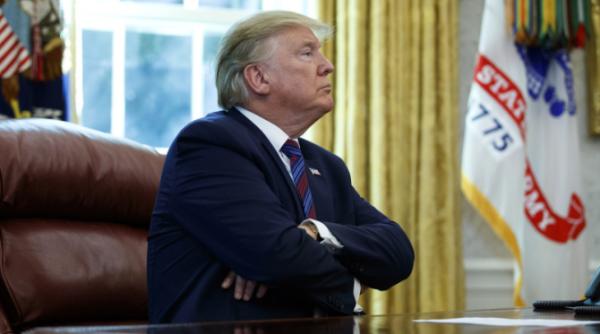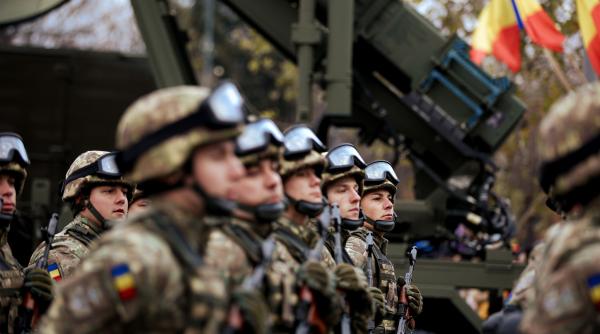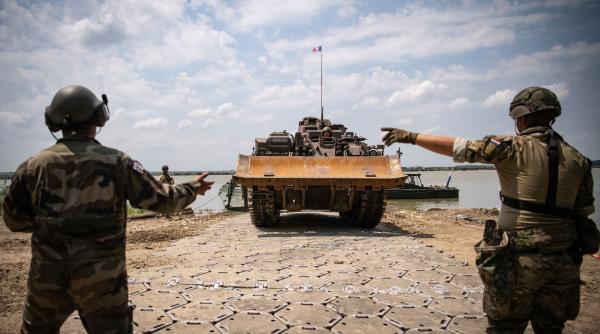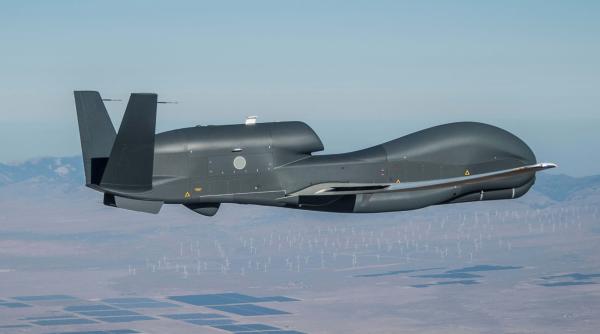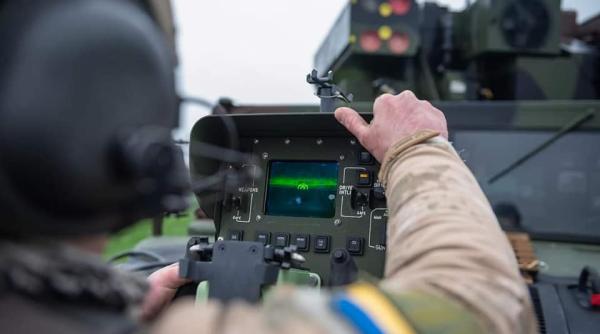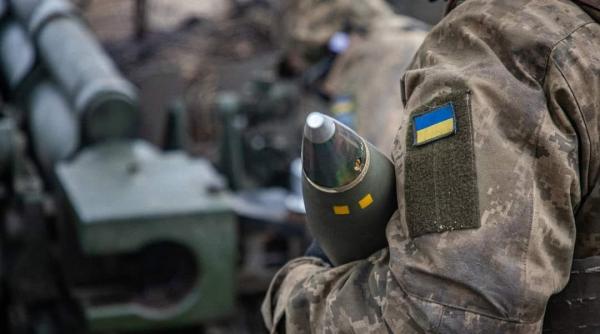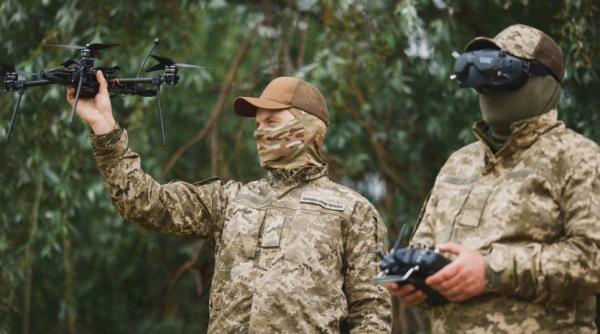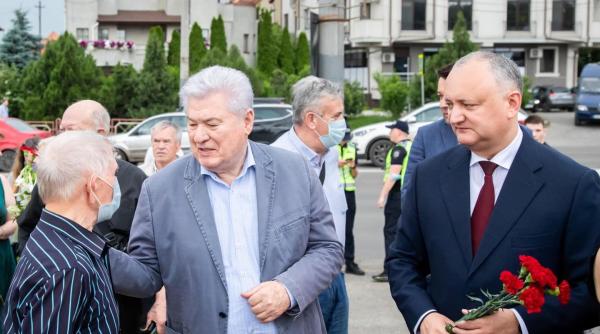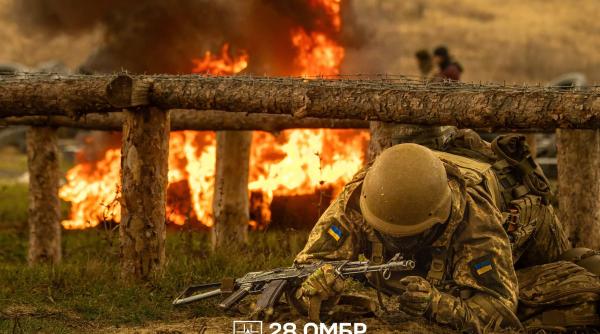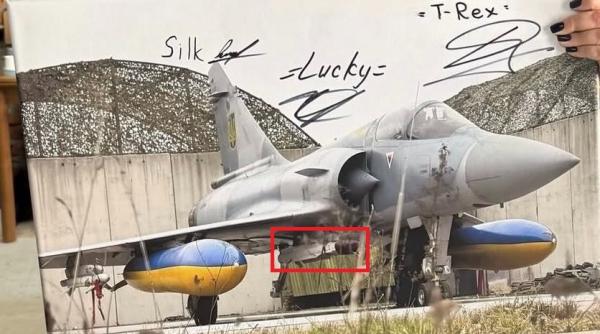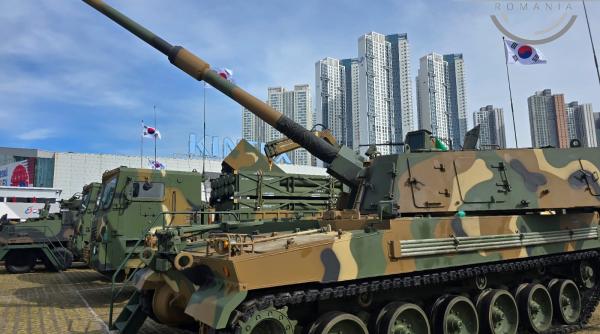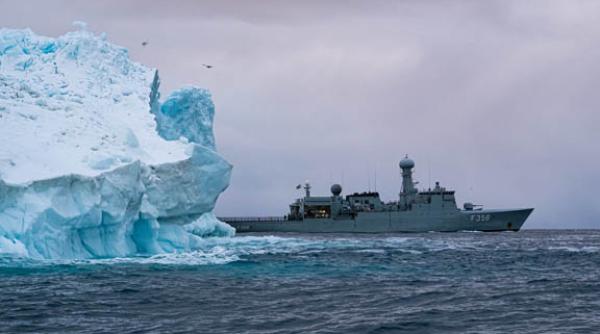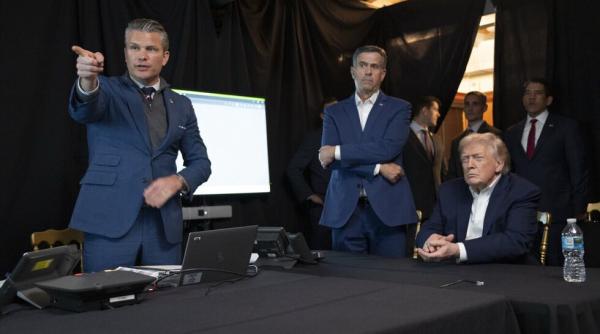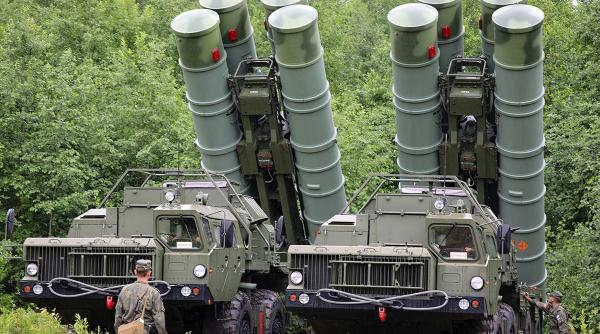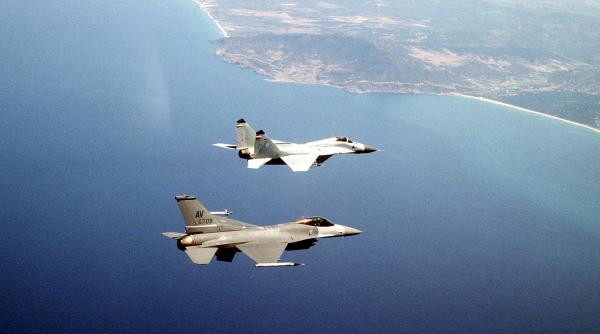This weekend the world media will be focusing on the G-20 Meeting in Argentina. The yearly get-together of the 20 largest economies as always will be a show of geopolitics and rivalry, but still trying to sustain a push for continuing global economic growth. After years of optimism about globalization, diversification and integration, the current G20 will be one of geopolitical power clashes, threats to globalization, outright trade wars and an increasingly instable oil market. At the same time, the future of someglobal leaders or upcoming stars will be under scrutiny, such as the fledgling position of German Chancellor Merckel, her British counterpart Theresa May or the continuing story of the Saudi journalist Jamal Khashoggi and Saudi Crown Prince Mohammed bin Salman. If all of these issues would not already havebeen enough for the G20 to take 3 months, instead of a weekend on the beaches of Buenos Aires, the Ukraine-Russian Crimea conflict has popped up out of the blue. The move by Russian President Vladimir Putin to increase Russia'smilitary pressure on the Ukraine by closing of the Azov Sea and attacking several Ukrainian navy vessels already has shook up the G20 schedule, as US president Trump has cancelled his meeting with Putin, while other parties are calling for international sanctions on Moscow again.
Still, even after all world leaders will haveagain parted
the Argentinian beaches, steakhouses and conference rooms, one underlying issue will continue, where will OPEC and Russia take the global oil market in a week? On December 6 2018, OPEC, in close cooperation with non-OPEC member Russia, will be setting the scene for 2019. The last couple of weeks, the oil market returned with a bang back to the situation of 2014-26, when crude oil prices tumbled from historically high price-levels due to a growing oil glut and overflooding oil storage
worldwide. In an unprecedented geostrategic effort former rivals OPEC and Russia formed a production cut agreement pact, now slated as NOPEC or ROPEC, confronting tumbling price levels and increased production volumes. By removing millions of barrels from the market per day a full stop was created pushing up price to around $80 per barrel while removing vast volumes out of the storages in the US, EU and Asia. The success of this NOPEC production cut agreement was extreme, stabilizing the market in such a way that even potential started to exist of a supply shortage in 2019 and later. By removing production, NOPEC not only confronted the market as a new power house, but also showed investors and customers that they were still able to move the market. At the same time, a lagging investment in upstream oil and gas worldwide for years also started to bite in global production capacity. The only exception was US shale oil, which has showed a dramatic but steady increase in production, leaping the US into the top spot of oil producers. Still, prices were going up, increasing fears of negative effects on the economic growth potential of emerging markets. US president Trump, already known for his unconventional geopolitical tweets, interfered (according to himself) and increased pressure on OPEC, especially Saudi Arabia, to increase production to quell price hikes. The latter was partly necessary as since November 5 Iran, one of OPEC'smain producers, is under US sanctions, partly removing volumes from the market.
OPEC and Russia have, as stated by analysts, reacted to the Trump tweets by increasing production, partly flooding the market but also stretching existing production spare-capacity to its limits. Part of the stability in oil markets always has been that someproducers, mainly Saudi Arabia, UAE and Russia, have been able to react to supply constraints by opening up their taps. At present, even with US shale oil production hitting historic highs, almost no spare capacity exists anymore in the market. Increased geopolitical instability (Ukraine, Iran, Venezuela, Syria, Turkey) could put immense pressure on the market without any remedy at present in place.
Even that prices are very low at present, having shed almost $30 per barrel in a couple of weeks, a fear still exists that the current perceived oil glut is a temporary one. It is still unknown where the market is going when US sanctions are fully implemented, as Trump the last days threatened, and Asian and emerging markets still continue their thirst for crude. ForOPEC and Russia a difficult situation has emerged. Current low oil prices are biting into the government revenues of most OPEC producers and Russia. Even that Putin and others are stating they are happy with every level of oil prices, reality is very different. Russia, Saudi Arabia, UAE and most other producers, need higher oil prices to sustain government revenues and continue investing in upstream- downstream projects or economic diversification strategies. A price-range of $70-80 per barrel is for most producers preferred. To reach this price level, on a ceteris paribus situation, a strict new production cut regime will be needed. To counter possible supply losses in Iran or other places, NOPEC will take a cautious approach. US shale oil is growing, but its crude quality, fully underassessed by most analysts, is not a substitute for Iranian oil or other OPEC producers. Still, NOPEC will need to come to an arrangement the coming 6 days to remove with a bang a vast volume of crude. Someweeks ago, rumors of 1-1.4 million bpd in cuts would havebeen most likely an indicator for things to come. Looking at current developments, OPEC and Russia could even decide to reach an agreement of 1.5-1.8 million bpd or even more. These higher figures are needed as the last weeks OPEC leader Saudi Arabia and some others have openly reported that they are producing at historically record levels. The Kingdom even has indicated a production of 11.2 million bpd, which is not yet supported by facts, as most probably part are volumes out of storage.
The discussions are currently being held, especially on the sidelines of the G-20 Meeting. The outcome is still unclear, as Saudi Arabia and Russia are holding the key to success. A possible meeting between Saudi Crown Prince Mohammed bin Salman and Russian President Vladimir Putin could give an indication on the direction. Global pressureon MBS due to the Khashoggi could also still have an unexpected impact. A possible clash with someWestern leaders could push MBS towards a more direct and strong relationship with Putin. The latter two are already seeing an eye-to-an-eye, so pressure by US, UK or Canada, could push both to a more confrontational course than currently is in place. The Crown Prince has a directly link and say in the Kingdom'soil policies, so caution is needed. Saudi Arabia and Russia for sure will not anymore going to positively respond to Trumpian power policies. At present, Riyadh and Moscow will be looking at their own interests, if Washington doesn't understand these sensitivities a stronger NOPE with much harsher cuts could be seeing the light before the 6th. The expected meeting between MBS and Putin will NOT only be focusing on Khashoggi, for both oil-gas, investments and regional power strategies are much more important. An OPEC deal could already be on the table in Argentina, supported by renewed investments and possible military cooperation between Riyadh and Moscow, with possible links to UAE, Bahrain and others too.


